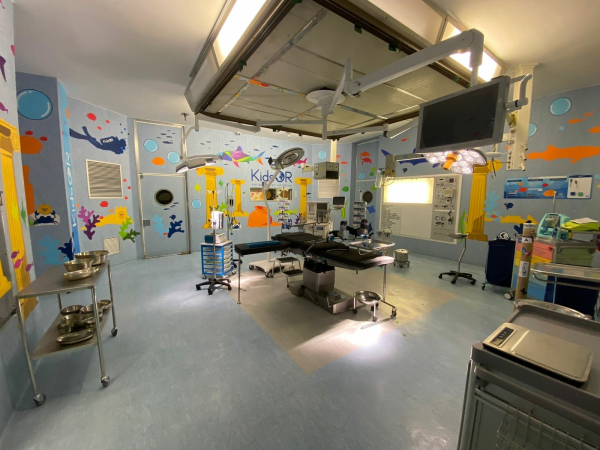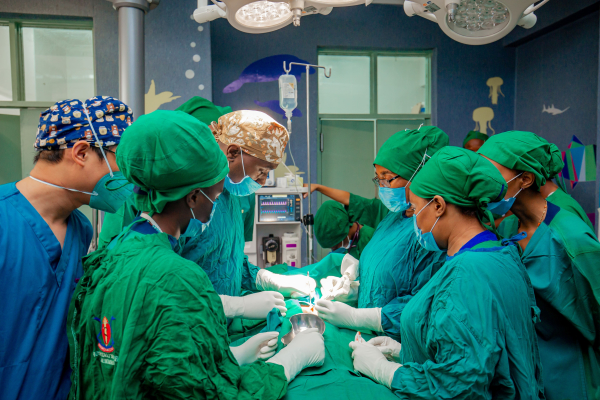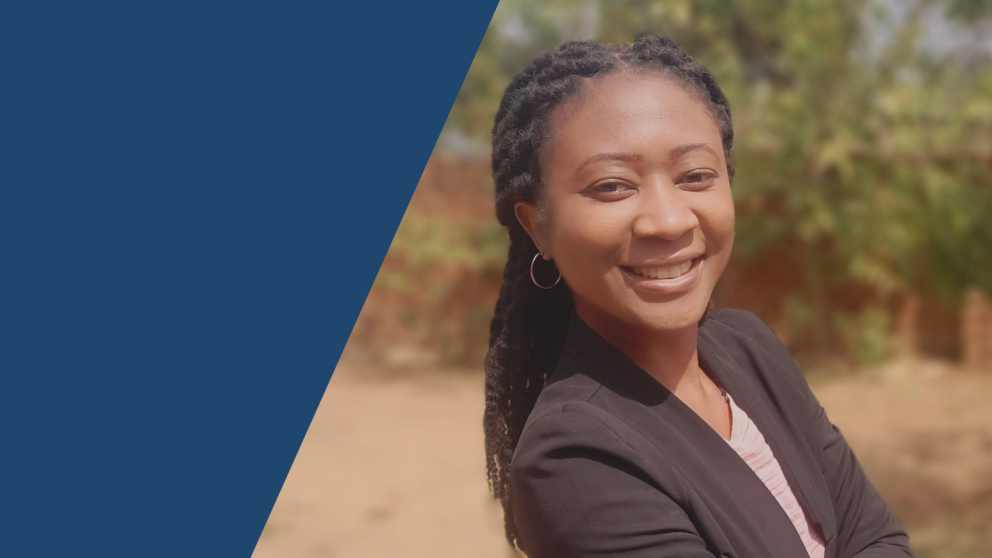
Q&A with KidsOR Scholar Dr Takondwa Malamba
Dr Takondwa Mary Malamba is one of twelve KidsOR scholars in our class of 2021, who are all training to become paediatric surgeons. Currently a resident at the Queen Elizabeth Central Hospital, Malawi, she's been working harder than ever in recent months, juggling a busy work schedule and a newfound leadership role on her ward with her ongoing academic training.
We caught up with Takondwa recently to ask her some questions and find out how she was getting on.
What is one aspect of your training that you enjoy and find valuable?
The training in paediatric surgery is very nice because it offers a great variety of learning opportunities. Apart from academic and clinic work, it is helping me to develop my leadership skills. Working as a resident gives me the responsibility to be in charge of the ward that I am allocated to. I have to make sure that junior doctors working under me are able to follow the right protocols in management of the patients. And again I am expected to govern the nurse, ward assistants and clerks as they expect me be a leader for the ward. So I take this responsibility as a great reward from this training and it is bonus to my general career development.
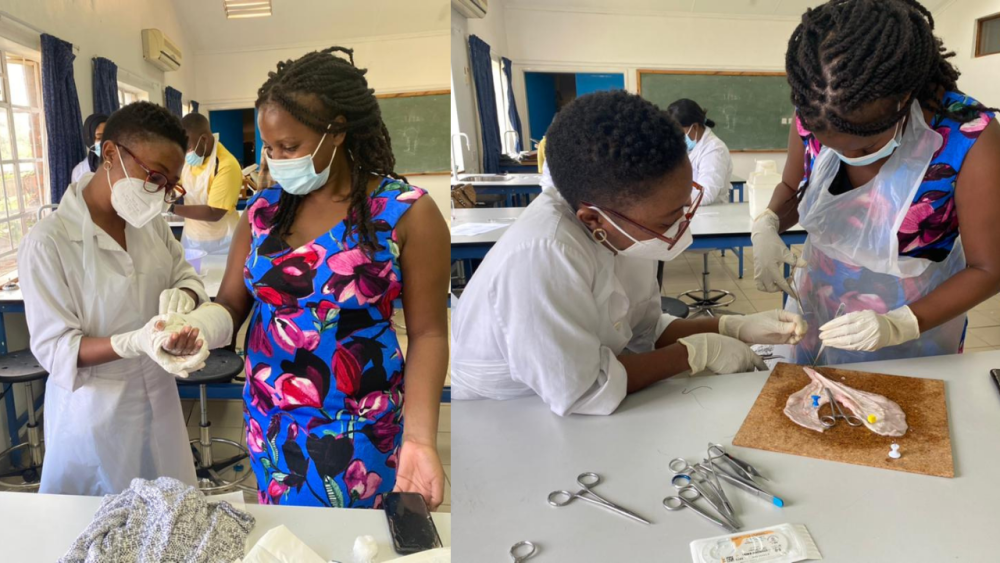
What, so far, has been the biggest challenge you've experienced during your training?
The most challenging part about this training is that it a very busy course that requires me to equally share my time to clinical work and academics. My training institution requires me to at least have a 24 hour working shift every 3 days. This means that one is usually overwhelmed with clinical work and hence time allocated for study is less. Nevertheless, one is expected to be up to date with assignments and modules. So it is all about self-management in terms of time allocation to each equally important aspect of the training in order to balance up and progress. I am coping up with these responsibilities but it is not a very straight forward thing. It needs me to allocate my time wisely so that I am able to do my modules within the set dates as I carry out my daily ward and theatre work. Above all, from this challenge I am learning self-discipline as a virtue for academics as it quite needed for the balance.
Have you had any highlights working in the hospital over the past few months?
I am now rotating through orthopaedics ward. The highlight for this quarter has been learning new procedures and instruments that are used in orthopaedic surgery. It is quite enlightening to learn the basic principles that govern fracture management. Basically you are trying to reverse the damaging force. So if the impact to the bone was on the left and up, your reduction techniques should be right and down. Simple but quite interesting to actually be the one to reverse injuries and help in managing patients.
Could you tell us about a specific case that has stood out for you recently?
We had a 15 year old girl who was injured from a fall 3 weeks prior to presentation to our facility. She was in the local health facility which did not adequately manage her condition. She sustain a fracture of her left arm (radius/ulnar bones). Because of swelling from the injury, her nerves in the arm were compress and developed a deformity which is known as Volkmann’s contracture or in simple language a claw-like hand. When we attended to her in our facility, we took her to theatre for a manipulation procedure to help reverse this condition and a week after there is an improvement that she is able to move her fingers. With further physiotherapy rehabilitation, we are hopeful to help her regain a remarkable function of her hand.
Share article
Recent Posts




Similar Posts
Namibia prioritising the lives of children.
Paediatric surgery included in Namibia's healthcare strategy going forward
